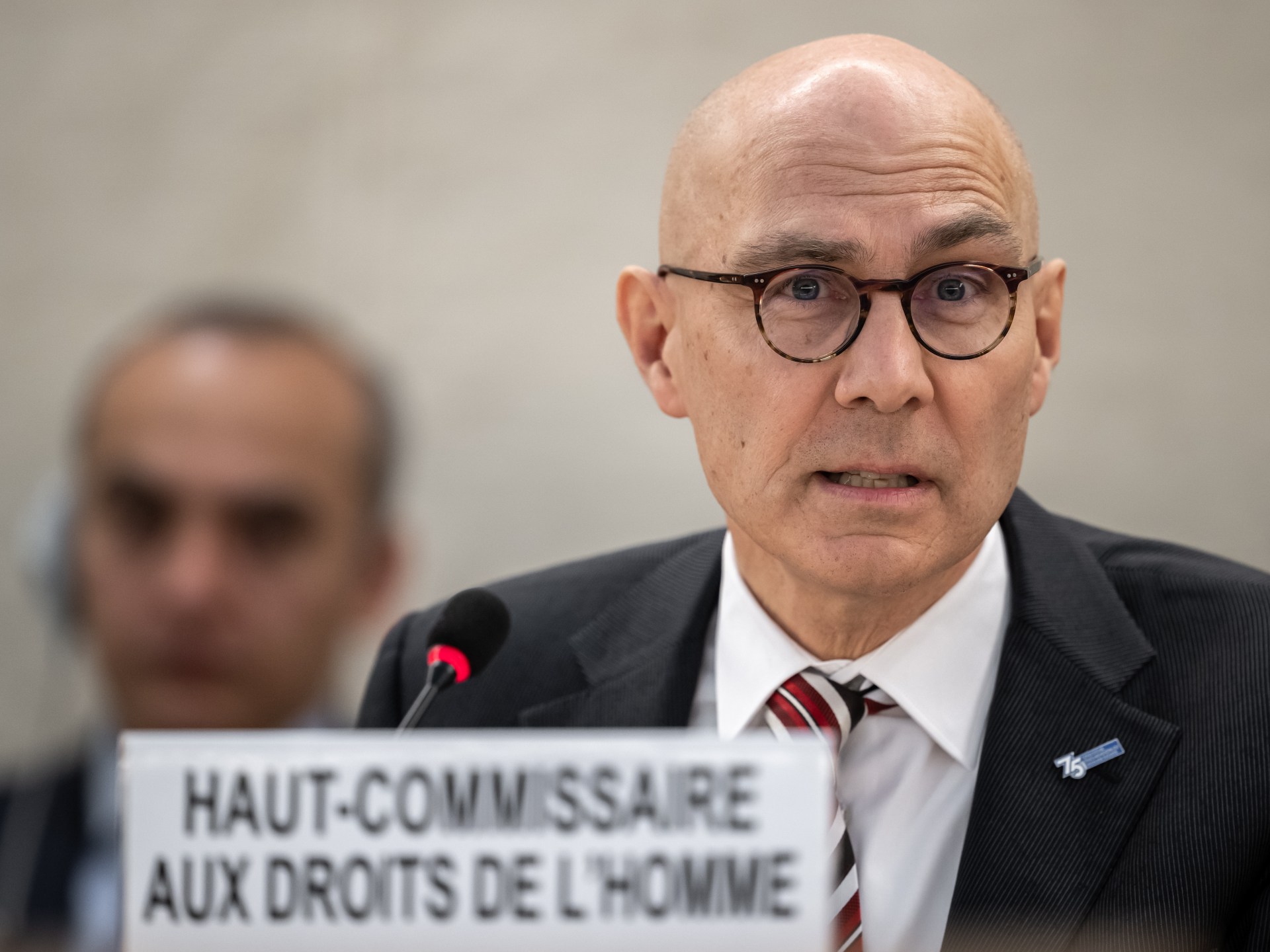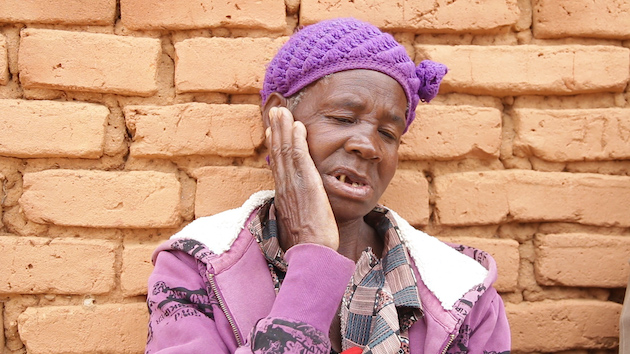More Promises, Less Deliveries — Global Issues
UNITED NATIONS, Aug 30 (IPS) – The United Nations will host six “high-level” meetings, including two summits of world leaders– over a short span of five consecutive days, beginning September 18.
The back-to-back meetings, described as unprecedented, includes the Sustainable Development Goals (SDG) Summit on September 18-19; a high-level dialogue on Financing for Development (FfD) on September 20; and a ministerial meeting of the Summit of the Future on September 21 (with the summit itself scheduled to take place September 2024).
The agenda of the 78th sessions of the General Assembly also include high-level ministerial meetings on Pandemic Prevention, Preparedness and Response (September 20); Universal Health Coverage (September 21), and the fight Against Tuberculosis (September 22).
The UN is also expected to announce a Climate Ambition Summit—scheduled to take place in September 2024.
But these summits and high-level ministerial meetings come at a time when UN Secretary-General Antonio Guterres says he needs action, not empty promises or political rhetoric.
At the BRICS summit on August 24, he complained about the unfulfilled promises by Western donors.
“We need action to save our planet. Developed countries have a particular responsibility and so they must lead and they must deliver. They must also keep their promises to developing countries.”
He singled out the annual $100 billion pledge to developing countries; the proposed loss and damage fund; the doubling of adaptation finance; and the replenishment of the Green Climate Fund—promises made mostly at high-level meetings.
And on unimplemented plans for early warning systems, which are aimed “to protect every person in the world – including the 6 in 10 Africans who still lack those systems”. As a matter of justice, Africa must be considered a priority in all these crucial commitments, he noted.
Still, the months ahead will be vital.
“From the Africa Climate Summit, where I will be in Nairobi in two weeks times, the G20 Summit, to the SDG and Climate Ambition Summits at the United Nations in September, to COP28 in December – we have important opportunities to set a path to a better, more peaceful and more just world,” he said.
According to an article in the European Network on Debt and Development (EURODAD) website September 2022, developed countries agreed in 2009 to mobilise 100 billion dollars per year by 2020.
This deadline was then extended to 2025, with a view to setting a new global climate finance goal by 2025. At the time, developed countries hailed this as a seminal commitment that would ensure that developing countries in the global south were also able to tackle climate change.
Andreas Bummel, Executive Director, Democracy Without Borders, told IPS high-level summits that are usually preceded by intensive preparation play an important role by providing governments with a platform to express commitments and enabling the public to hold them accountable for their action or inaction. and of the international campaign for a United Nations Parliamentary Assembly
The Sustainable Development Goals summit this year is crucial as it marks the half-way point in implementing Agenda 2030, he said.
“At the time, civil society will convene for its own meeting across the UN building, the Global People’s Assembly, to provide its perspective and remind world leaders of their promises,” he said.
https://www.peoplesassembly.global/en/
Jens Martens, Executive Director of Global Policy Forum Europe, a think tank based in Bonn, told IPS the SDG Summit offers the Governments of the Global North the chance to demonstrate that they are serious about their much-vaunted global solidarity.
Because at the mid-term of the 2030 Agenda, the results are devastating: According to the United Nations, the countries are only on track with 15 percent of the targets. For the remaining 85 percent, progress is insufficient, or development is even heading in the wrong direction, he pointed out.
“A key reason for this is the failure of countries in the Global North to provide the necessary means to implement the SDGs. At the SDG Summit, they must declare their political willingness to change this”.
What is needed, he argued, is the mobilization of new and additional public resources to finance the SDGs. The UN Secretary-General has proposed an SDG Stimulus of $500 billion per year for this purpose.
“This would be extremely important. But what is also needed is effective debt cancellation, increased cooperation on tax matters at the UN level, and reforms in the international financial architecture”.
“If governments of the Global North do not make concessions on these issues, the SDG Summit will fail. And then the Summit of the Future planned for September 2024 is also doomed to fail. In view of the global crises, we cannot afford for that to happen”, he declared.
Purnima Mane, past President Pathfinder International and former Assistant Secretary General & Deputy Executive Director, UN Population Fund (UNFPA), told IPS the large number of meetings this September could be interpreted as a genuine effort to make up for the difficulties experienced over the last three years in coming together to monitor progress and enhance commitment on varied, equally relevant themes to push forward a collectively designed, multilateral agenda.
But the results of these meetings are also expected by the Secretary-General (SG) to be different from those held earlier, in that instead of empty promises and political rhetoric, these meetings would lead to action, she added.
“While this is a welcome move from the SG, it is not clear what steps will be taken to ensure that this in fact happens and what it will take to motivate Member States towards the action they needed to have taken all along”.
And more meetings than usual on critical themes — all of which demand minimally, for action to occur, commitment of political leadership at all levels, adequate resources, and solid planning and accountability measures, will not necessarily ensure that such action will follow, especially during this period of our history when the world is divided by increasing tensions that occupy the attention of national leadership.
She said the appeal the SG makes to the Western donors, in particular, in his message to them, is to live up to their promises to fulfill, what he refers to as a Rescue Plan for People and Planet.
The Plan demands better support to developing countries, and considerable changes to the international financial architecture which will amount to sacrifices on the part of groups like the G20.
“Whether these changes will happen is to be seen. Demanding action is obviously fully justifiable and we can hope that the action will occur but the track record so far has not been promising”, said Mane, currently an independent consultant on gender and development and global health, focusing on sexual & reproductive health.
Speaking during the International Day against Nuclear Tests August 29, Csaba K?rösi, President of the General Assembly was critical of public funds being diverted.
He noted that global military spending reached a record 2.2 trillion dollars in 2022.
When public funds are diverted in this way, the President said, “and when our own words are ignored, we have a duty to ask: “How serious are our pledges to focus on overcoming poverty and curbing pollution, climate change, or biodiversity loss?”
“Will we protect our newest human right: the right to a clean, healthy and sustainable environment? Or are our lofty pledges nothing but words?”, he asked.
IPS UN Bureau Report
Follow @IPSNewsUNBureau
Follow IPS News UN Bureau on Instagram
© Inter Press Service (2023) — All Rights ReservedOriginal source: Inter Press Service
Check out our Latest News and Follow us at Facebook
Original Source





